 Editor’s Note: This is a guest post by Joanna L K Moore.
Editor’s Note: This is a guest post by Joanna L K Moore.
Body love, self-love, confidence, and self-esteem are abstract terms that no one ever really defines.
We all know we’re supposed to be confident and like our bodies the way they are, but most of the self-love advice floating around on places like Pinterest is so vague that it’s never actually makes much of a difference to our lives.
What Being Confident Actually Means
I’m a self-confessed shy, awkward, geeky introvert but just over a year ago, I got fed up of being held back by my shyness, so I set out to hunt confidence down. I started using myself as a guinea pig to find out how to become confident, so that I could help other girls to do the same.
Along the way, I found out what self-esteem really means, in everyday language rather than in abstract counselor speak. Self-esteem is about liking yourself.
If you know, like, and respect yourself, you let yourself accept compliments. You don’t beat yourself up so much. You don’t let other people walk all over you. You treat yourself like you treat your best friend.
Learning to like myself has made me so much happier. I no longer beat myself up for taking about ten minutes to park my car. I don’t look at my chunky thighs with disgust anymore. I’m proud of myself for being me and I no longer wish I had soandso’s this and thingymabob’s that.
How You Actually Build Self-Esteem
Along with the real definition of self-esteem, I discovered five unconventional ways to start thinking more of yourself. This advice isn’t the fluffy stuff you find on some self-help blogs. It’s real advice from real people who have learned to like themselves.
1. Don’t hide the things that make you unique. Feature them.
Emilie Wapnick always struggled to stick to one career path. It wasn’t until she finally stopped trying to ignore her many callings that her career took off. Emilie stopped trying to specialize and instead built a business using all of her interests. Now she runs Puttylike, where she helps other multipotentialites to succeed in a world that favors specialists.
Instead of trying to hide the parts of yourself that don’t seem to fit in, celebrate them.
2. Work towards positives, not negatives
Amy Clover used to hate both herself and her body. She dreamed of being supermodel skinny by losing weight and getting toned. But when she started to work out to get strong, she learned how much her body was capable of and fell in love with it. As soon as she stopped working out to change her body and started working out to look after her body, Amy learned to love it.
Instead of trying to change a part of you that you see as bad or not good enough, and being motivated by negativity, work on gaining something you want and on being motivated by positivity.
3. Stop apologizing for the way you are.
Andy Mort used to apologize for liking particular bands. He knew that you weren’t “supposed to like” certain types of music, so he hid his “guilty pleasures”. But then he realized that if these songs made him happy, there was nothing wrong with them. He shouldn’t have to feel embarrassed about his taste.
If you like something, simply enjoy liking it and don’t worry about whether or not other people like it.
4. See your low self-esteem as a bad habit.
Jennifer Postles compares not liking yourself and dwelling on the parts of yourself that you dislike to wanting to lose weight and pinning motivational Pinterest images but not actually going to the gym. She suggests that we need to unlearn the bad habit of not liking ourselves and replace it with the healthy habit of liking ourselves.
See not liking yourself as a bad habit and work every day to improve your relationship with yourself.
5. Find a purpose to your flaws.
Lizzy Goddard was self-conscious about being “big” until she started doing athletics. It turned out that she was really good at throwing heavy things a long way. Her size suddenly had a purpose because it meant that she had more strength and power than the other girls. Being big got her ranked number five in the UK in her age group for the shot put.
Turn your “flaws” around and make them work for you. Think about the problems someone with the opposite problem to you would have and be grateful that you don’t have those issues.
If you’ve failed to make any real changes to your confidence using conventional self-love strategies, try implementing the more unconventional advice of these five real people who have learned to like themselves. Pick the tip that feels most true to you and learn how to actually like yourself.
DIY Self-Esteem
I wanted to help other women learn to like themselves too, so I created a course called DIY Self-Esteem: How To Start Liking Yourself to take people through the exact exercises, questions, and thinking I did to get to know and appreciate myself.
I wanted to make my course as useful for as many different types of women as possible, so I interviewed twelve other confident bloggers, including the amazing Anne-Sophie, to find out how they learned to like themselves despite struggling with everything from depression and anorexia to perfectionism and simply feeling ugly.
If you buy DIY Self-Esteem, you’ll get a free e-book full of advice from these inspirational people. But today I wanted to share with you some of the most unusual and useful pieces of advice they shared.
 Battling her British social awkwardness, Joanna L K Moore (Jo) runs Twisted Sleeve, where she helps shy girls get the confidence they need to do whatever they dream of doing. If you struggle with self-esteem, get Jo’s new self-study course DIY Self-Esteem: How To Start Liking Yourself from Twisted Sleeve.
Battling her British social awkwardness, Joanna L K Moore (Jo) runs Twisted Sleeve, where she helps shy girls get the confidence they need to do whatever they dream of doing. If you struggle with self-esteem, get Jo’s new self-study course DIY Self-Esteem: How To Start Liking Yourself from Twisted Sleeve.


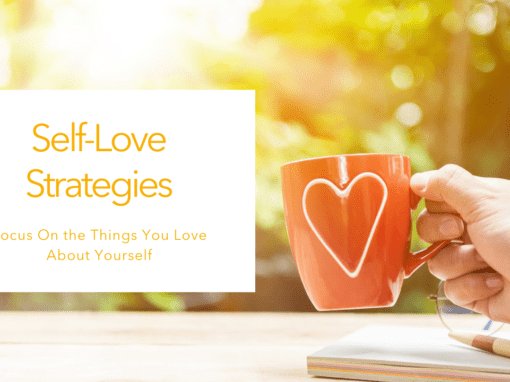
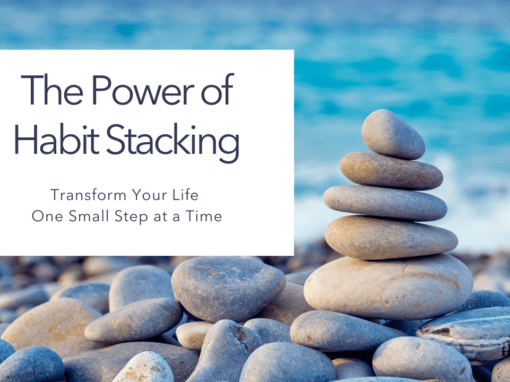
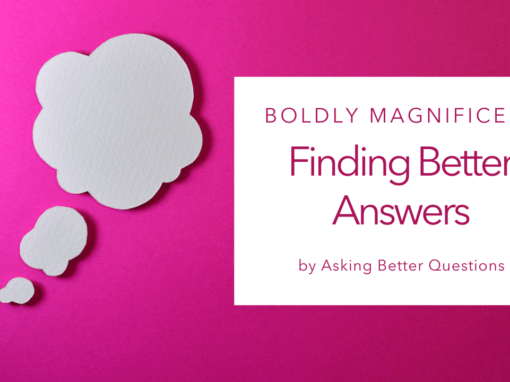
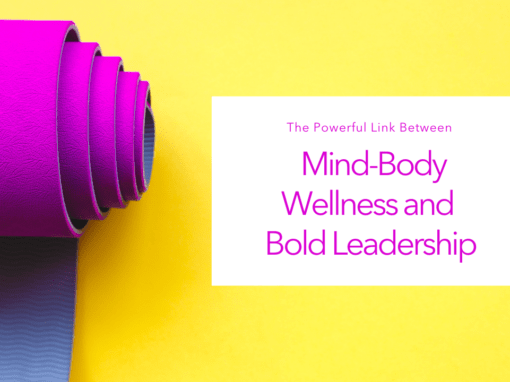
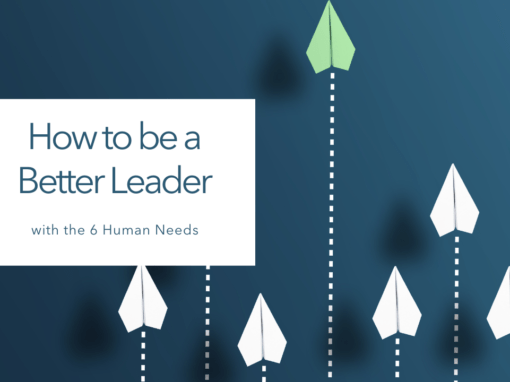
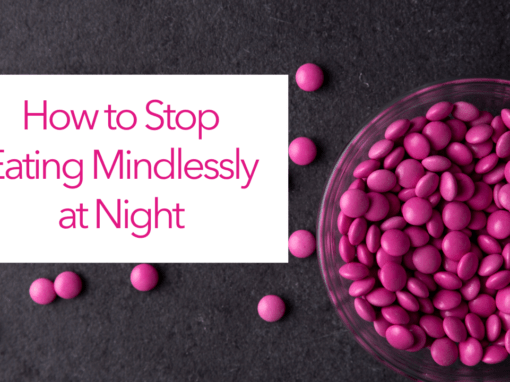

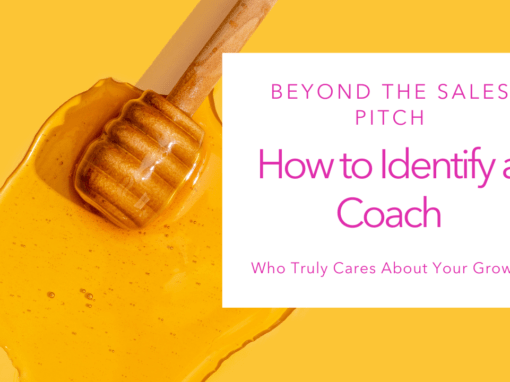
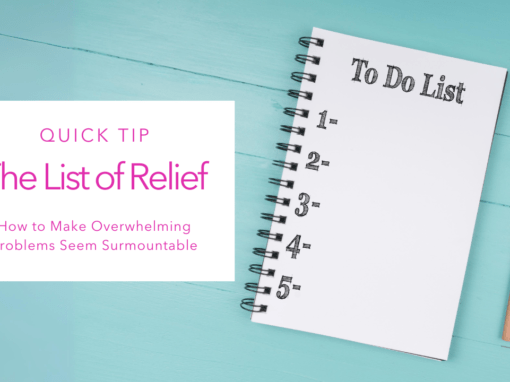
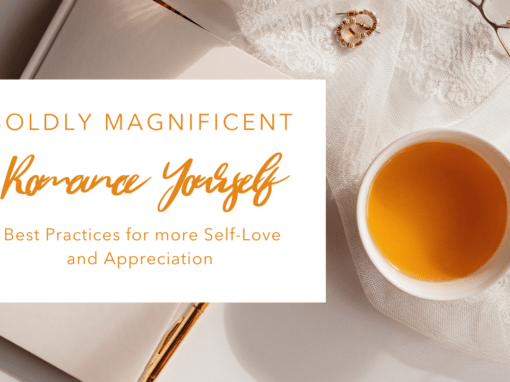
Thank you
Thank you, we all need some inspiration these days🩷
Thanks for reading, Angela. And yes, we sure do. 🙂